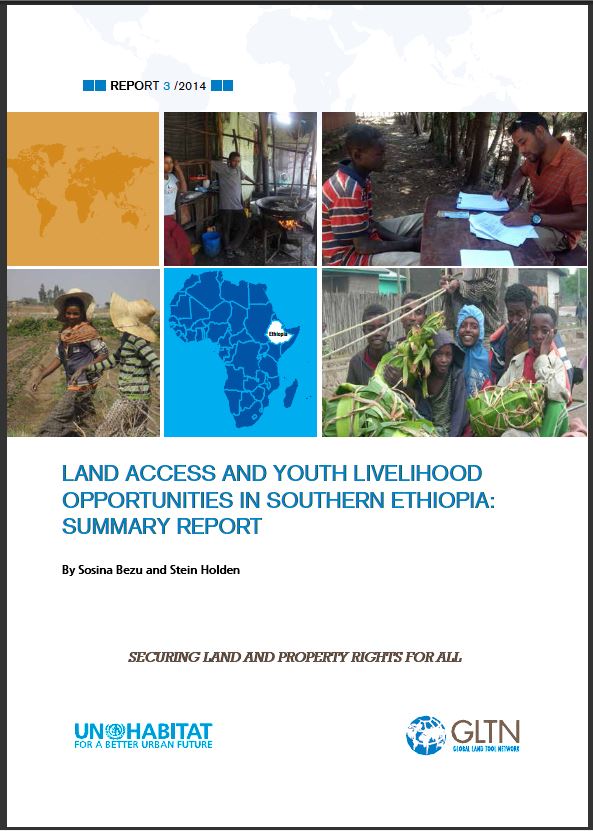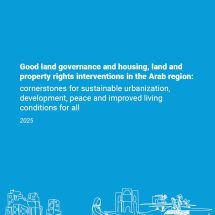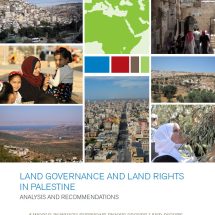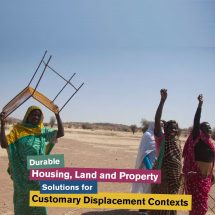 This study aims to examine current land access and youth livelihood opportunities in Southern Ethiopia. We used survey data from the relatively land abundant districts of Oromia Region and from the land scarce districts of Southern Nations, Nationalities and Peoples' (SNNP) Region. Although access to agricultural land is a constitutional right for rural residents of Ethiopia, we found that youth in the rural south have limited potential to obtain agricultural land that can be a basis for viable livelihood.
This study aims to examine current land access and youth livelihood opportunities in Southern Ethiopia. We used survey data from the relatively land abundant districts of Oromia Region and from the land scarce districts of Southern Nations, Nationalities and Peoples' (SNNP) Region. Although access to agricultural land is a constitutional right for rural residents of Ethiopia, we found that youth in the rural south have limited potential to obtain agricultural land that can be a basis for viable livelihood.
The law prohibits the purchase and sale of land in Ethiopia. We found that land access through allocation from authorities is virtually nonexistent while land that can be obtained from parents through inheritance or gift is too small to establish a meaningful livelihood. The land rental market has restrictions, including on the number of years land can be rented out.
Authors: Sosina Bezu and Stein Holden
Contributions: Toril Iren Pedersen, Solomon Haile, Douglas Ragan
Sponsors: Global Land Tool Network- UN-Habitat














